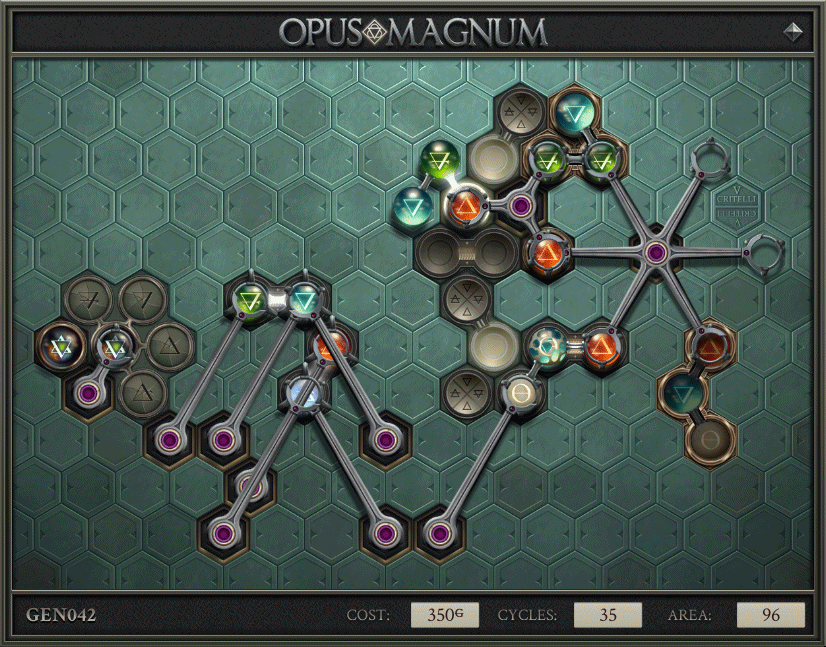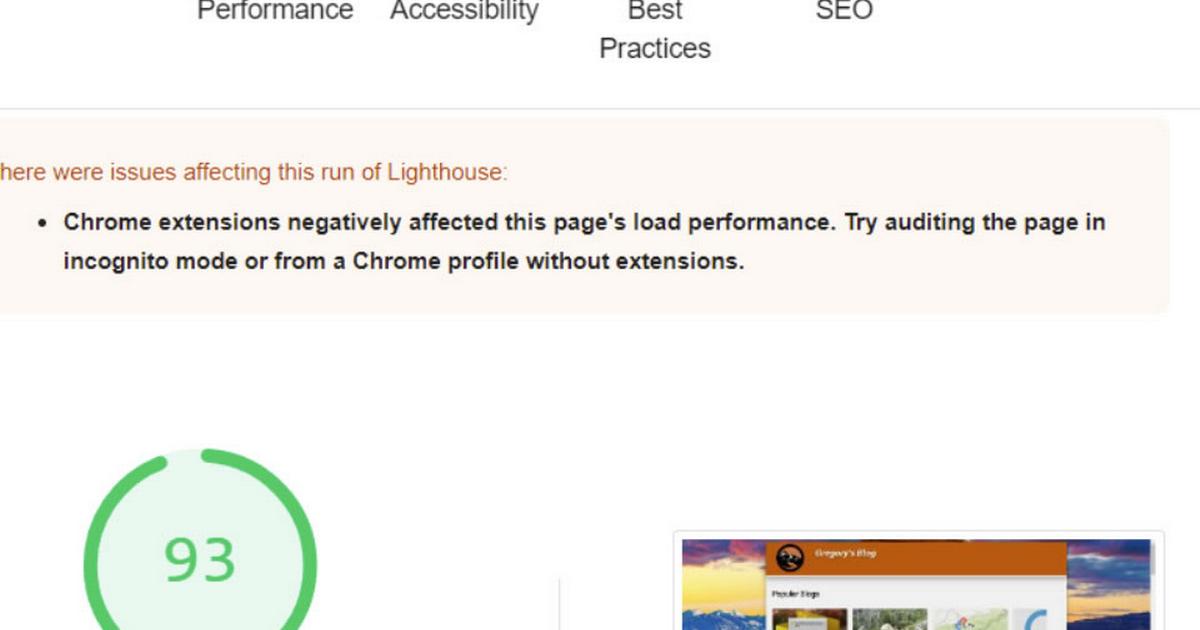![Zotero - Wikipedia Zotero (/z oʊ ˈ t ɛr oʊ / [7]) is free and open-source reference management software to manage bibliographic data and related research m](https://upload.wikimedia.org/wikipedia/commons/thumb/8/89/Zotero-5-macOS-Screenshot%402x.png/1200px-Zotero-5-macOS-Screenshot%402x.png)
Zotero - Wikipedia
Zotero (/z oʊ ˈ t ɛr oʊ / [7]) is free and open-source reference management software to manage bibliographic data and related research materials, such as PDF and ePUB files. Features include web browser integration, online syncing, generation of in-text citations, footnotes, and bibliographies, integrated PDF, ePUB and HTML readers with annotation capabilities, and a note editor, as well as integration with the word processors Microsoft Word, LibreOffice Writer, and Google Docs. It was originally created at the Center for History and New Media at George Mason University and, as of 2021, is developed by the non-profit Corporation for Digital Scholarship.
When the Zotero Connector extension[8] is installed in a compatible web browser, a special icon appears in the browser toolbar when a catalog entry or a resource (book, article, thesis) is being viewed on many websites (such as library catalogues or databases like PubMed, Google Scholar, Google Books, Amazon.com, Wikipedia, and publishers' websites). Clicking this icon saves reference information to the Zotero library. Such functionality is made possible by 'translators' – short pieces of computer code, or scripts[9] to understand the structure of web pages and to parse them into citations using its internal formats.[10] For mobile devices or browsers that do not support the Zotero Connector extension, a bookmarklet was available, but has been discontinued.[11]
Zotero can also save a copy of the webpage, or, in the case of academic articles, a copy of the full text PDF. Users can then add notes, tags, attachments, and their own metadata. Items are organized through a drag-and-drop interface, and can be searched.













